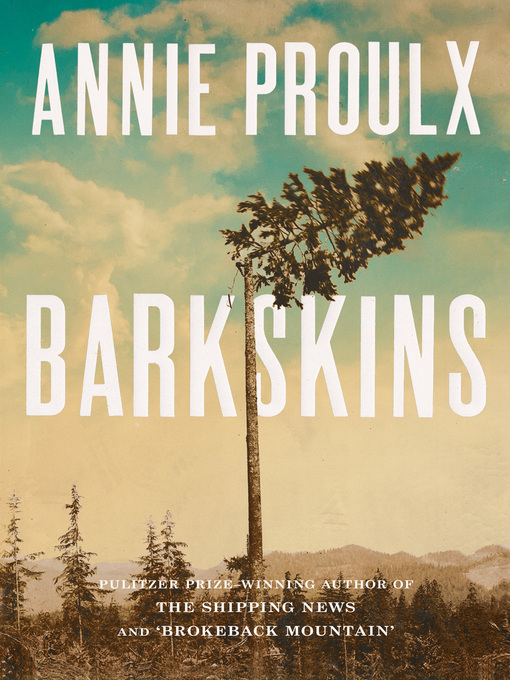- New eBook additions
- Available now
- Most popular
- New kids additions
- New teen additions
- Try something different
- Scandinavian Crime and Thriller
- Best Australian Crime Fiction
- Australians at War
- Modern Classics
- Love is in the Air: Romance Reads for Adults
- Love is in the Air: Romance Reads for Teens
- Pan Macmillan books now available
- See all ebooks collections
- New audiobook additions
- Most popular
- Available now
- New kids additions
- New teen additions
- Try something different
- Audiobooks for your Commute
- See all audiobooks collections

